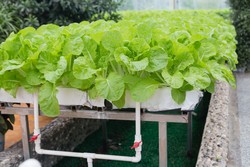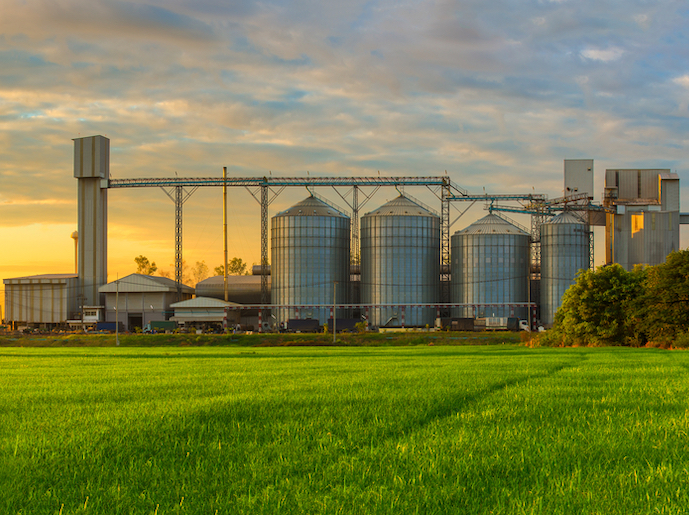Web portal for all things bioeconomy in the EU
In 2012, an EC Communication presented a Bioeconomy Strategy and Action Plan to increase sustainable use of renewable resources in Europe's economy. The Action Plan called for the establishment of a Bioeconomy Observatory. The EU-funded BISO (Support to policies – Set up of a bioeconomy observatory (BISO project: Bioeconomy information system and observatory)) project aimed at establishing such an Observatory to provide reference data and analysis. Overall, the aim was to enable progress towards a bioeconomy to be assessed, while providing a solid basis for policy development and decision-making. In 2014, the Bioeconomy Observatory website(opens in new window) was set up and structured around the three pillars of the EU Bioeconomy Strategy: research, policy and markets. It contains the latest data and information about bioeconomy, including statistics on investments in research, policy mapping, bioeconomy country profiles, data visualisation and analytical reports. This central web portal serves as an important channel for BISO to disseminate knowledge on and awareness of bioeconomy. A methodological framework, access to data sets and analysis of strategic sectors enhanced knowledge and information about the state and potential of the EU bioeconomy. Over 30 national, regional and international bioeconomy profiles were compiled from available databases and stakeholder feedback via a survey. A study of the EU bio-based industry identified more than 130 relevant companies and analysed product types, production trends, sales, investment, research and development, employment and feedstock use. It also identified the main drivers and barriers for the development of a bio-based industry. In addition, 25 environmental factsheets for different bio-based products and their supply chains were produced. Awareness was also raised through stakeholder events, conference participation, bilateral meetings and consultation workshops. BISO brought knowledge relevant to the bioeconomy under one roof, helping public and private actors who are looking for guidance in further developing their bioeconomy strategies. The Observatory is continuing after the end of BISO, with a view to meeting the needs of policymakers and various stakeholders.




